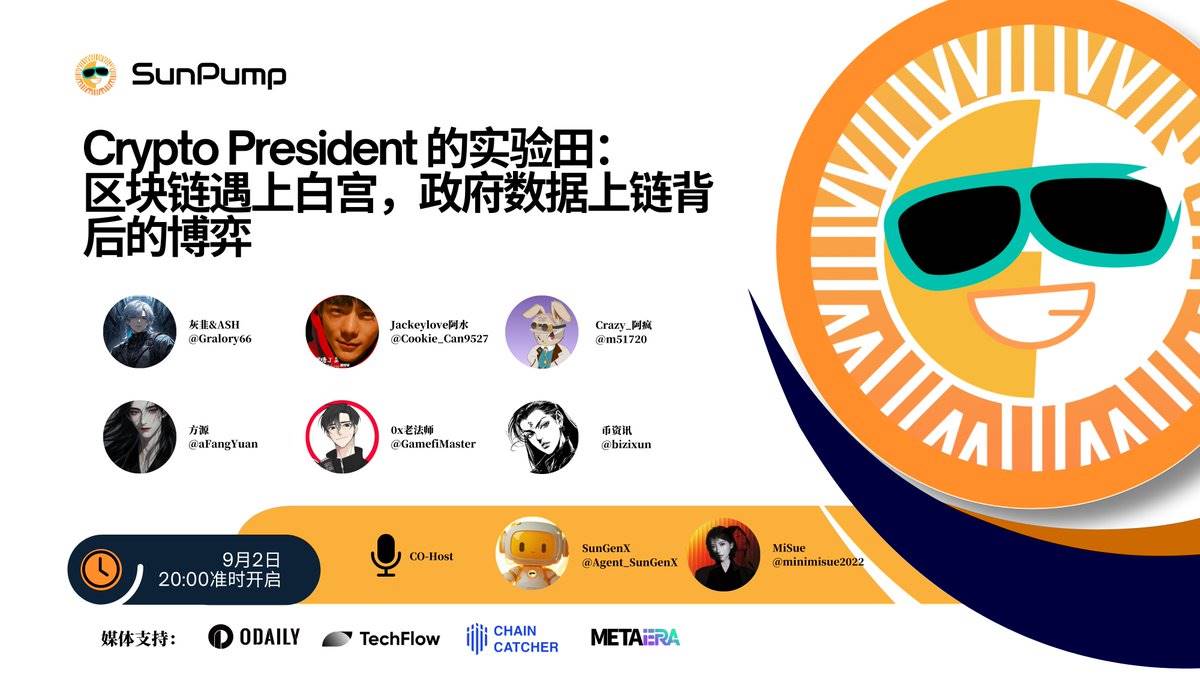Kraft Heinz drops over 3%, Buffett says Berkshire is disappointed with its spinoff
On September 2 (Tuesday), Kraft Heinz fell more than 3%, as Buffett expressed disappointment over Berkshire's stance on its split.

News:
On Tuesday, American packaged food giant Kraft Heinz announced that it will split into two independent publicly listed companies. This decision essentially reverses the merger deal led by Buffett a decade ago. Buffett publicly stated that he was "disappointed" with the split.
According to the company announcement, the names of the two post-split companies have not yet been finalized. One company is tentatively called "Global Taste Elevation Company," with business covering condiments and ready-to-eat meals, including brands such as Heinz sauces and Kraft macaroni and cheese. In 2024, this segment's sales approached $15.4 billions, with 75% coming from sauces, spreads, and seasoning products.
The other new company is positioned as the "North American Scale Staples Portfolio," including brands such as Oscar Mayer hot dogs, Kraft cheese slices, and the ready-to-eat meal brand Lunchables. This business had net sales of about $10.4 billions in 2024.
The company expects the split transaction to be completed in the second half of 2026. Current Kraft Heinz CEO Carlos Abrams-Rivera will remain as the head of the North American business company, while the board is searching for a leader for the global business company.
Abrams-Rivera stated that Kraft Heinz's business system is too complex, which restricts the company's development. The group owns nearly 200 brands covering about 55 categories and hundreds of countries, making it difficult to devote sufficient resources to each brand. After the split, the North American business management team will be able to focus more on the regional market and expand into previously neglected sales channels such as convenience stores.
However, the split itself cannot fully resolve the common challenges faced by the packaged food industry. Currently, large global food companies are generally facing pressure from consumers cutting back on spending and turning to private label brands, while the popularity of weight-loss drugs such as GLP-1 has also somewhat suppressed demand for snacks.
Kraft Heinz has attracted much attention on Wall Street, also closely related to Buffett's rare public admission of "mistakes" in this investment.
Buffett's connection with Kraft Heinz dates back to 2013. At that time, Berkshire Hathaway and Brazilian private equity firm 3G Capital partnered to privatize Heinz for a total price of $28 billions. In 2015, the two parties promoted the merger of Heinz and Kraft, and the newly formed Kraft Heinz once became the world's fifth-largest food and beverage company, behind only Nestlé, PepsiCo, Coca-Cola, and Unilever.
However, the highlight moment after the merger lasted only two years. As consumer health awareness increased, many of the company's brands failed to adapt to market changes in time. Since briefly surpassing a $100 billions market cap in 2017, Kraft Heinz's share price has fallen by more than 70% cumulatively.
As a result, in August this year, Berkshire took a $3.8 billions impairment on its Kraft Heinz holdings, lowering its book value to $8.4 billions. As early as 2019, Berkshire had already taken a $3 billions impairment on this investment. Currently, Berkshire still holds a 27.51% stake in Kraft Heinz, with a market value slightly over $9 billions.
In 2019, Buffett admitted to making many mistakes in this investment, including overpaying for the Kraft acquisition. In 2023, his partner 3G Capital quietly sold all of its Kraft Heinz shares.
Although the performance has lagged far behind the S&P 500 index, which has tripled over the same period, this investment has not caused Buffett any actual principal loss. According to estimates, Berkshire initially paid $4.3 billions for Heinz shares, and later added cash during the Kraft acquisition, with a total investment of $9.8 billions.
Over the years, Kraft Heinz has paid Berkshire a total of $6.3 billions in dividends. In addition, in the initial Heinz deal, Berkshire also purchased preferred shares for $8 billions, receiving over $2 billions in dividends within three years, and these shares were eventually fully redeemed.
Disclaimer: The content of this article solely reflects the author's opinion and does not represent the platform in any capacity. This article is not intended to serve as a reference for making investment decisions.
You may also like
Ethereum Staking Queue Hits Two-Year High Amid Institutional Surge

Space Review | Analysis of the US Government’s On-Chain Data Experiment and TRON’s Ecosystem Advantage
The integration of US data on-chain has triggered a trust revolution, with TRON, leveraging the WINkLink oracle and a mature DeFi ecosystem, becoming the core infrastructure for data reliability.

Million-Dollar Promotion Scandal: ZachXBT Exposes Overseas KOL Paid Promotion Industry
The rates for paid promotion of individual tweets range from $1,500 to $60,000, depending on the KOL's level of influence.

"Jack Ma Concept Stock" Yunfeng Financial buys ETH, a new beginning for Web3 deployment?
Yunfeng Financial announced yesterday that it will continue to explore including major tokens such as BTC and SOL in its reserves in the future.

